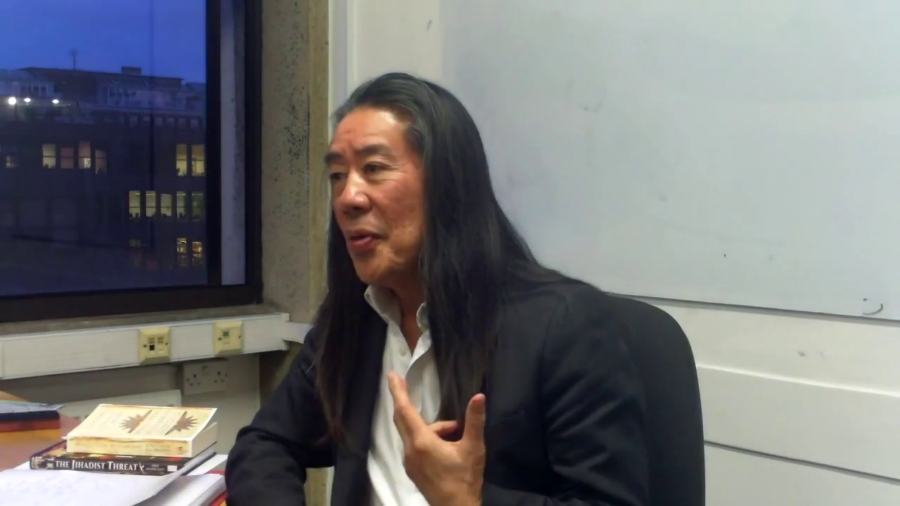We’ve talked about just war, and we’ve used just war theory as a template for discussing just rebellion. And we’ve talked about the justice that enables a rebellion to take place. And we’ve also talked about what is just conduct within that rebellion, in both cases borrowing from just war theory. What happens, however, if rebellion uses war as one of its instruments to achieve its aims?
Archive
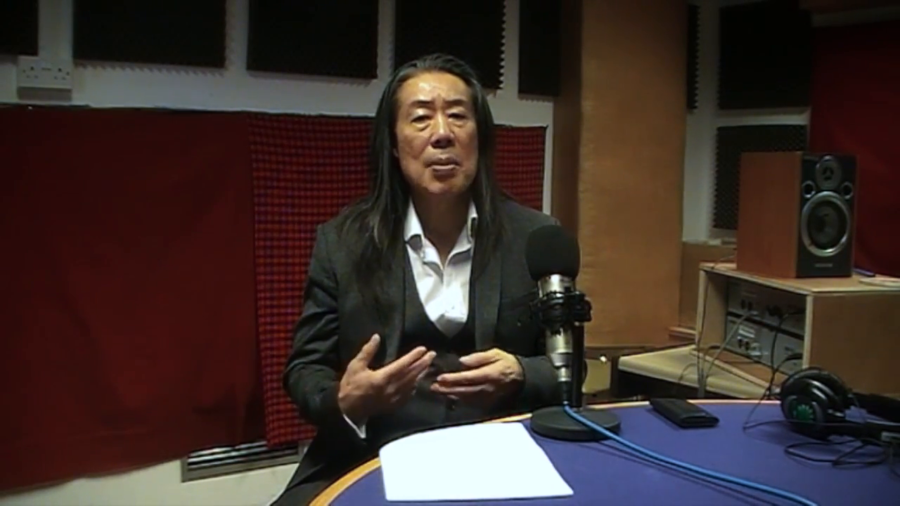
In the heyday of Islamic thought, of Islamic philosophy, of disquisitions about the meaning of Islam and its place in the world of knowledge, in the 13th century, the thought of great Islamic thinkers also was that God and his text constituted a first principle. All else was contingent upon this first principle. Second, third, principles, etc. were contingent.
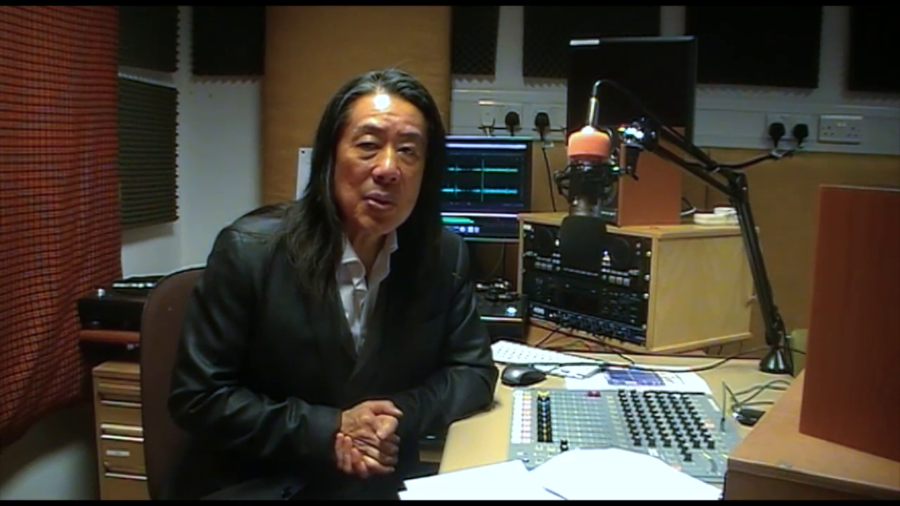
Our tale begins in Afghanistan with the Soviet invasion in 1979. This came out of a blue sky, military speak for there were no clouds, there were no warnings. But suddenly the Soviets invaded the country in support of a Soviet-inclined government. But a government which aroused huge resentments and resistance on the part of many many people in Afghanistan.
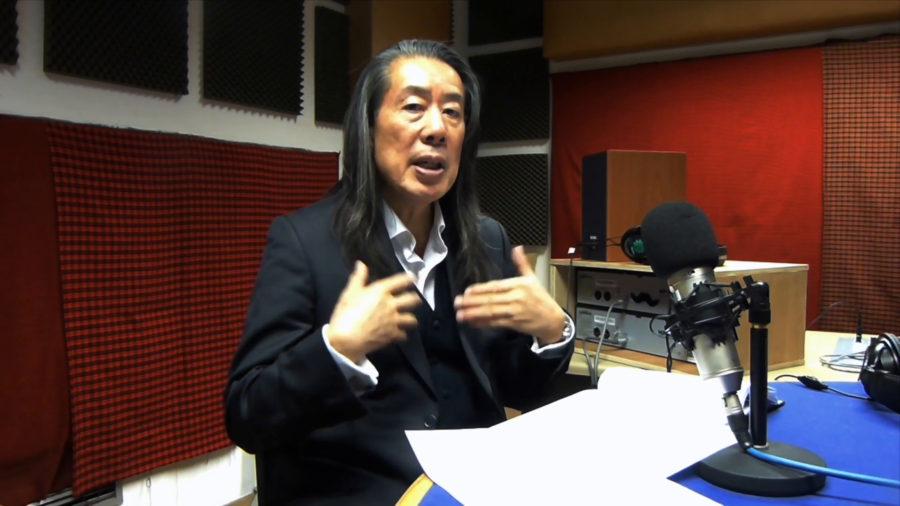
If the 1979 Iranian revolution was a turning point in late 20th century history, what followed set the scene for a series of betrayals and revivals of the sort that the Western world could not have envisaged.
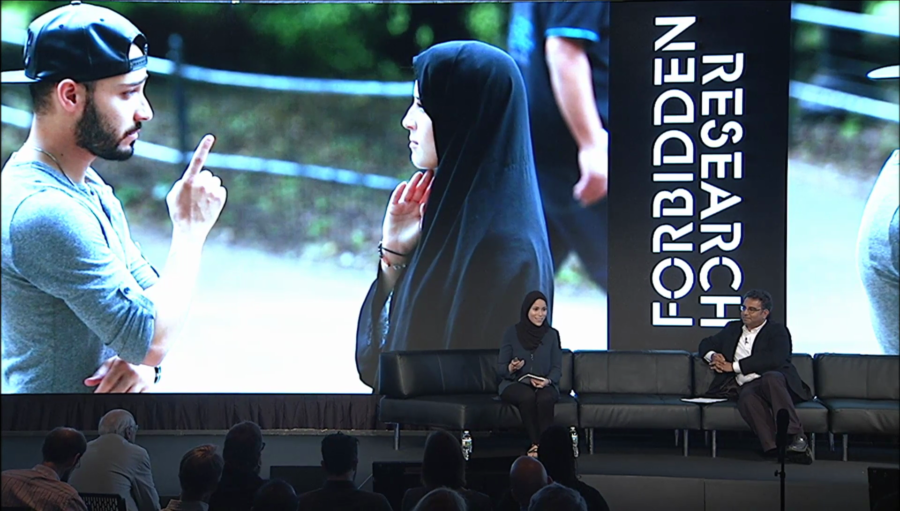
If we look at a lot of the things we’ve been speaking about today, be it genetic engineering or the things that occur in our daily lives, the challenge of reproductive rights, or global peace and security, a lot of the stagnation, a lot of the challenges, are actually rooted either in the perception of religion or in the political manipulation of religion.

